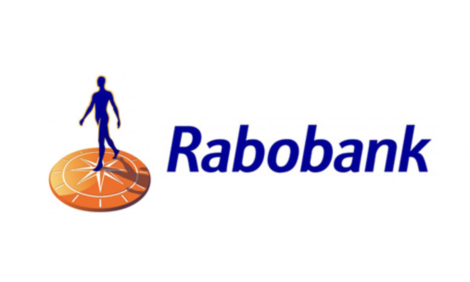



OIE's Role in the H1N1 Influenza Pandemic
GLOBAL - Bernard Vallat, Director-General of the World Organisation for Animal Health (OIE), explains the Organisation's role in the current 'pandemic H1N1 2009'. Among these is the encouragement of Members to notify the OIE of outbreaks in animals and to share knowledge on the genetic make-up of the virus.In April 2009, cases of human illness caused by a novel strain of Influenza A/ H1N1 were reported from Mexico and the United States. Very quickly, in a context of an enhanced worldwide surveillance, cases of human infection with this virus have been notified on all continents, which lead the World Health Organisation to declare an influenza global pandemic.
While the pandemic influenza spread worldwide among the human population, to date there is no evidence that animals are playing any role in the spread of this virus. It contains some gene sequences that have been identified as influenza viruses sequences from swine, although not in this exact combination. To date there is no information as to the specific origin of this pandemic virus which continues to spread from person to person just like a classical human influenza virus. As of today, no link between an animal and the first human cases has been established.
At the very beginning of the crisis, the OIE has been actively involved in alerting the WHO and the international community that it was not justified to name this new disease 'swine influenza'. This incorrect nomenclature has lead many countries – at the beginning at least – to impose unjustified ban measures related to the import of pigs and pig products. It should be noted that the name of a disease always has heavy implications and as a very strong impact on the behavior of consumers worldwide. As an example, it is easy to remember that at the beginning of the 'avian influenza crisis' in 2004 the consumption of poultry products decreased up to 50 per cent in some countries and lead thousands of people to unemployment and economic distress, without any benefit for public and animal health.
Also, because the disease was named 'swine flu' at the beginning, some countries decided to destroy all pig populations, without appropriate equipment, and again without any benefit for the animal or public health.
The OIE is strongly committed in contributing to poverty alleviation worldwide: an unjustified trade disruption along with an important decrease in consumption also affects small farmers and producers all around the world who lose their income resources. More than a billion people around the world, that means a large majority, currently meeting the criteria for poverty have an economic activity involving animals. The OIE continues to be strongly committed to contribute protecting their livelihoods and it was our duty to take action and to support a different name for this virus using all relevant scientific justifications.
Since the very beginning of the discovery of the influenza A/H1N1 virus in humans, the OIE has encouraged all its Members to intensify their surveillance on potential influenza virus infections in swine, particularly if there might be some relationship between any illness in pigs and illness in humans.
The OIE also stated its position on the safety of international trade of pigs and products of pig origin in this context.
A joint statement was also released by the OIE with FAO, WHO, and WTO on the safety of pork, which included a clear message that pork and pork products handled in accordance with hygienic practices complying with international standards, are not a source of infection.
There remain many questions about this disease. In this respect, the OIE has made a call for enhanced surveillance among swine populations and enhanced on-farm biosecurity measures – including the protection of pigs from exposure to potentially infected people – and has stressed the importance of a strong cooperation between veterinary services and public health authorities.
However, we know that infection of animals by this virus does not cause a disease different from the 'classical' swine influenza which is known as a commonly mild disease in pigs, having shown a zoonotic impact on a few cases in history. According to our current knowledge of the behaviour of the virus currently circulating in humans, the OIE does not recommend to cull infected pig herds or to prohibit the movement of clinically healthy animals for slaughter.
The creation of a vaccine directed against this virus in pigs could be one of the solutions to control the disease in animals if the number of infected herds becomes excessive, because of the potentially growing number of animals infected by humans in the context of the human pandemic.
The OIE continues to strongly advise all its Members to notify the disease linked with the now called 'pandemic H1N1 2009' virus to the OIE when detected in animals, qualifying, on notification forms, this disease as 'emerging disease', because transparency will be key to manage and tackle this unprecedented global event.
OIE has called upon the expertise from OIE Reference Laboratories and Collaborating Centres, primarily through the OIE/FAO network of expertise on animal influenza called OFFLU to publicly share genetic sequences of influenza identified in swine in full transparency, to facilitate the early preparation of human and animal vaccines if needed.
The OIE will continue to draw the attention of its Members and of the public at large that all potential zoonotic diseases must be controlled by strengthening the Veterinary Services in order to improve the early detection, rapid response, surveillance and reporting capabilities of animal diseases including zoonoses in all countries, regardless of their level of development and trade potential.








